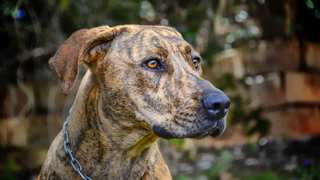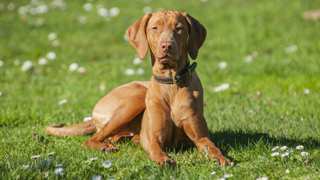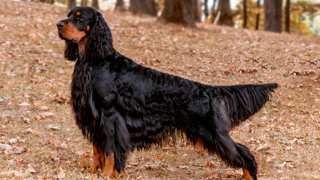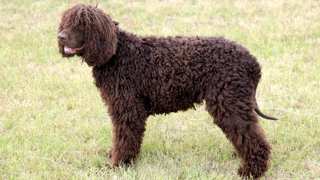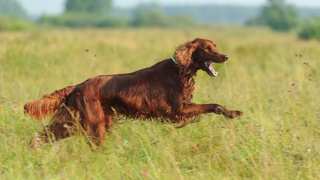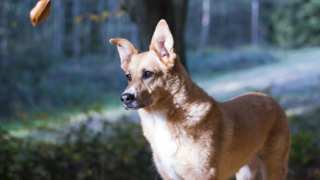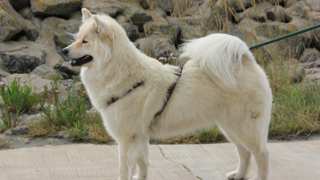As an active and athletic herding breed, Dutch Shepherd exercise requirements are fairly high. These dogs are also very intelligent, so they'll need a variety of daily activities that both condition them physically (walking, fetch) and stimulate them mentally (games, canine sports). They make good jogging and bicycling companions as well.
Adult Dutchies will need at least an hour of dedicated exercise per day. You can start exercising your Dutchie puppy when it's three months old by taking it on short walks, then you can increase the walks' length as the pup grows.
Precautions with Dutch Shepherd exercise:
- Don't exercise puppies too hard before they're nine months old
- A leash is required when exercising in public
- Yards must be securely fenced to keep the dog from running off
- Possible separation anxiety; exercises should be done together with people
Exercising your Dutch Shepherd every day is a must. These dogs have a very strong work ethic--they constantly need to be "doing something," in other words--and without consistent activity they'll become anxious, disobedient, and destructive. Regular exercise will be great for both the dog's and your on peace of mind! Some exercise ideas:
- Walking/Jogging/Bicycling: Two 20-minute walks (or 15-minute jogs or bike rides) per day is a good target
- Fetch/Frisbee: Dutchies love chasing a ball, stick, or Frisbee
- Tug-of-War: Great indoor activity; use a rope or old towel
- Canine Sports: Dutchies are fantastic competitors in agility trials, flyball, and other events
- Dog Park: If properly socialized, Dutchies enjoy the company of other dogs
- Hiking: Excellent bonding activity
When indoors, giving your Dutchie access to balls or toys will allow the dog to burn excess energy. It's also good to have a regular exercise schedule for the dog, such as walks, jogs, or bike rides after breakfast and dinner and playtime in the afternoon.
